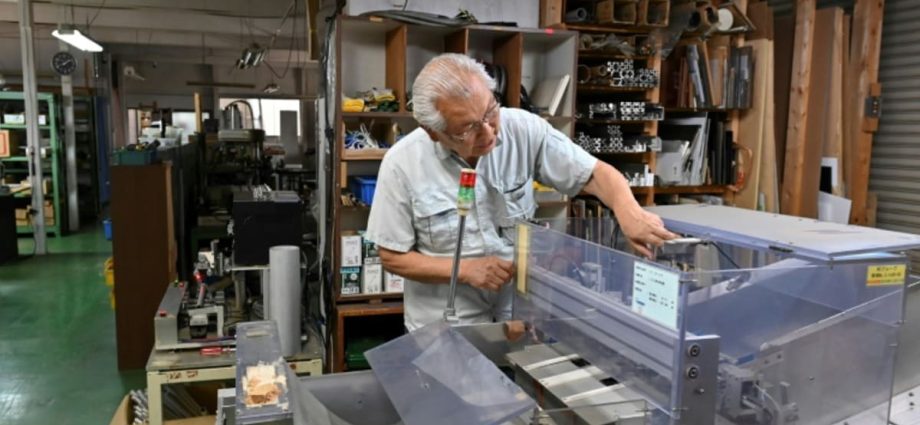
BATONZ connected her with Miyaji, who pledged to keep the firm’s employees, clients and trucks.
“I’m more relieved than sad,” she said.
“I didn’t think our company had any value.”
The glut of affordable small businesses can be a boon for young people looking to break into a sector.
Among them is 28-year-old chef Rikuo Morimoto.
When the pandemic prevented him from studying in Italy, he used his savings to buy a four-decade-old diner in Tokyo and start a restaurant at a fraction of the normal cost.
He kept the decor, furniture and many longstanding customers of “Andante”, a beloved neighbourhood restaurant in the Suginami district, while offering his own menu.
“I thought I could only afford to have a food truck or a small bar,” he said.
Not everyone is so fortunate, and the future of Hashimoto’s machinery factory remains uncertain, despite his attempts to groom three successors.
“I’m just waiting for someone to come along and make use of this,” he said.

